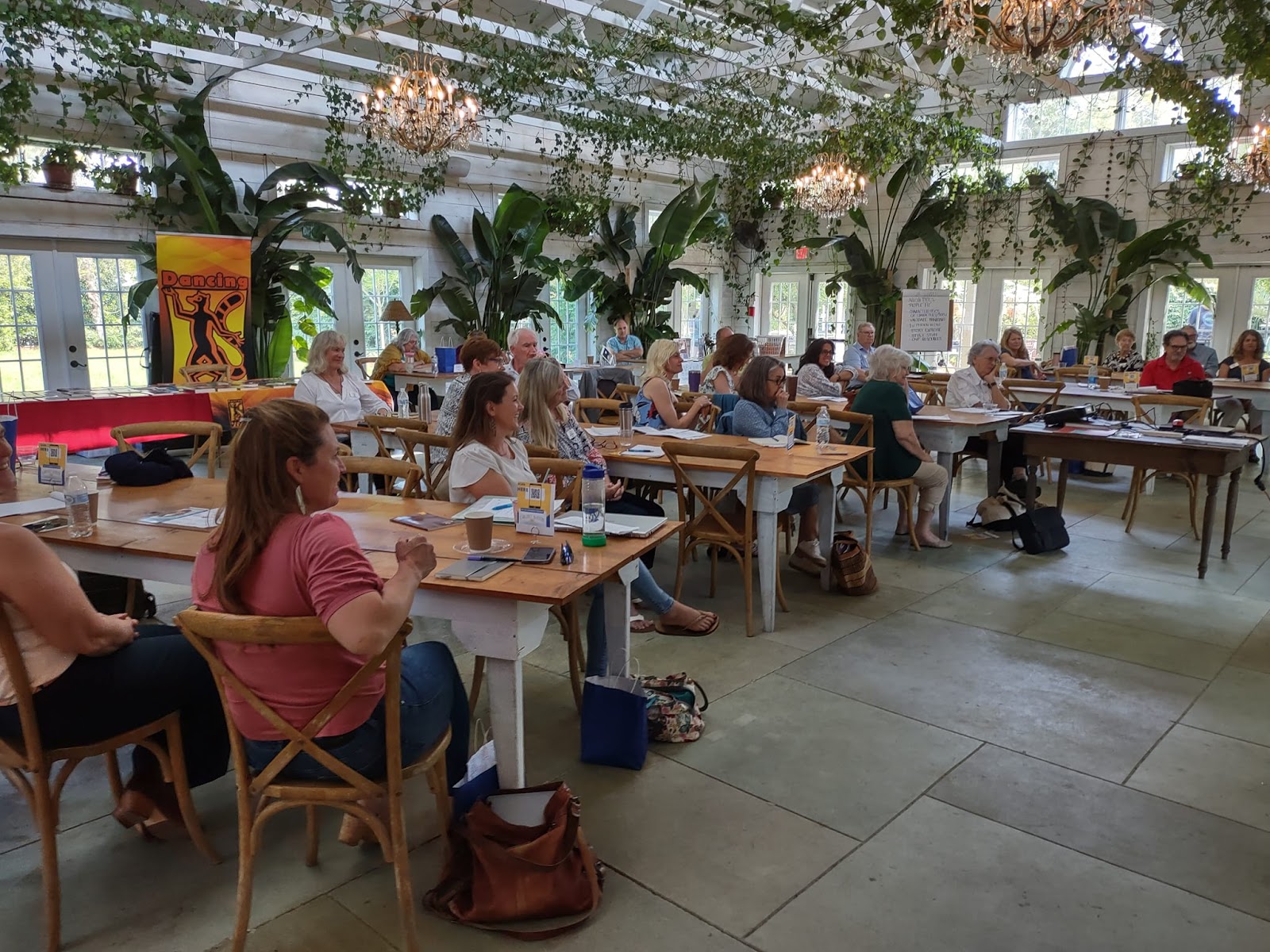I'm always astonished when my day to post arrives and I'm delighted to read the posts by others. Charlotte's post on marketing was informative and alarming. If preorders and marketing strategies have already determined the future sales of a book, why am I going to book signings and readings, or reporting reviews on social media, or keeping my website up-to-date? Or even writing this blog.
Partly, I think it depends on what your goals are, both for writing and for promotion. I know I am really lucky, in that I am retired from a "regular" job and have a modest income from pensions that keeps food on the table before I even factor in my writing income. I am grateful that this gives me the freedom to tell the stories I want to tell, knowing they will never make me a bestseller. Yes, it would be nice to make more money because there are always things and experiences I'd like to have, like taking an African safari or going on a theatre tour to London or New York. But I would hate to be writing a book that didn't inspire me, just because it might sell more copies.
Early in my career, I had an agent who told me to write a book set in the United States and make it more like the bestselling thrillers. I was told the "big" publishers don't want a book set in Canada because they don't sell. I understand that publishing is a business and that they buy products that they expect will make them money, but their money goals are loftier than mine. I want to tell stories that reflect my culture, my experience, and my land. Luckily I found a home with a Canadian publisher whose motto was just that. I love to write, but it's the passion of storytelling that drives me, and if I lost that, I doubt there would be much point in writing at all.
So what about marketing? Ultimately it's the challenge of making yourself known to the audience that might enjoy your kind of book. If they do, they also spread the word through their own social media and friendship circles. I have a pretty good idea who my target audience is. Louise Penny was apparently once asked who read her books and she replied "intelligent women with colds". The answer is brilliant, and I think it applies to many mystery writers. I know men read my books, and Millenials too, and maybe even busy people who can only sneak a few minutes of reading into their day. But the bulk of my readers are educated women who enjoy the challenge and subtleties of a good mystery and who have the time to read.
I leave the mega-marketing to my publisher (the targeted advertising and review copies, the bookstore and library sales reps, and so on). I focus on the one-to-one, by engaging on social media (mostly Facebook and Instagram), setting up bookstore signings and library readings, and attending book clubs. I actually love doing all those things, because they involve direct interaction with book lovers and readers. Nothing is more inspiring to a discouraged writer than meeting someone whose eyes light up as they describe reading your book.
Charlotte's post was comforting in a strange way. I know I'm probably missing swaths of potential readers by not using TikTok or BookBub or Goodreads, or sending out newsletters, etc. But maybe, at the macro level, it wouldn't make a whole lot of difference. What do others think?







